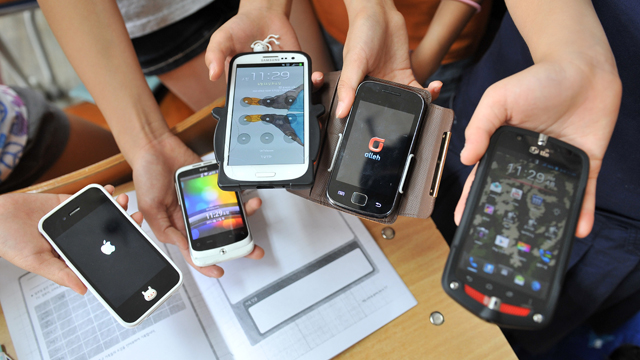
(Getty)
Concerned about keeping your personal data safe? There are steps you can take with your smartphone to protect your financial info and personal secrets. But which smartphone OS offers the most secure environment? We’ve compared iOS versus Android to determine which phone is best for the security-obsessed.
1. iPhone vs. Android: Mobile Malware
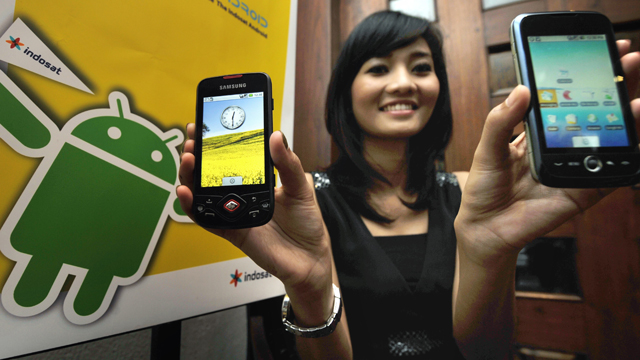
(Getty)
TechCrunch reported that 96 percent of mobile malware in Q4 of 2012 targeted Android users. And at least according to Kaspersky, things didn’t get much better in 2013, when “98.1% of all mobile malware detected in 2013 targeted Android devices.”
Even Apple’s Tim Cook has commented on Android’s malware problem, making mention of the proliferation of mobile malware in the Android ecosystem in his keynote address at WWDC 2014.
That’s not to say that iPhones are impervious from malware. Kaspersky recently profiled a nasty bit of iPhone malware that can reboot your phone and jailbreak it, almost without being detected. Still, iPhone users generally have more peace of mind than Android users. Cult of Mac notes that iPhone users can rest easy, unless they’ve jailbroken their devices:
“iPhones, for their part, benefit from Apple’s stricter security measures. The single instance of iOS malware detected by F-Secure [a Finnish security firm] was designed to target jailbroken iPhones — meaning that the majority of iPhone users are 100% safe from mobile malware.”
2. iPhone vs. Android: Mobile Security Apps
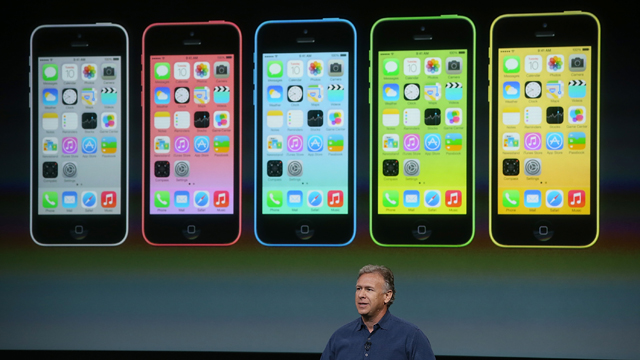
(Getty)
There are lots of different mobile security apps out there, and the majority of them are available for both iPhone and Android. Some mobile VPN solutions, such as Cloak, aren’t available for Android. Then again, some Find My iPhone alternatives such as Theftie or are only available for Android, and not for iOS.
3. iPhone vs. Android: Mobile Enterprise Security
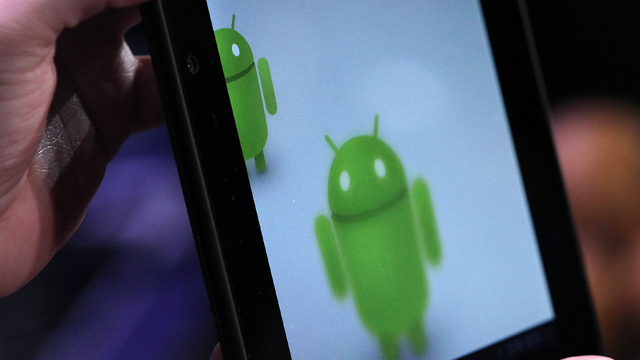
(Getty)
ZDNet recently ran an article that specifically weighed the security risks to business clients that are inherent in these two mobile platforms. For example, both platforms are vulnerable to phishing attacks.
The article cites a report from Marble Security, which found that the two platforms are both security risks in their own ways. The report stated:
“The major security differences between iOS and Android are largely that Android is a much more open operating environment, more easily allowing users to download apps from app stores that have poor or non-existent app analysis and vetting procedures.”
A recent piece on Forbes.com notes that people who use Android phones for business need to consider both their OS and their hardware when calculating their mobile security risk:
“Unlike Apple, the security of Android often depends on the hardware it’s running on. Some manufacturers are better than others at making sure all Android’s built-in security features work correctly. Samsung’s KNOX 2.0 platform, for instance, provides a more secure booting process, making sure unauthorized software isn’t loaded when a smartphone switches on.”
4. iPhone vs. Android: Conclusion & Final Thoughts
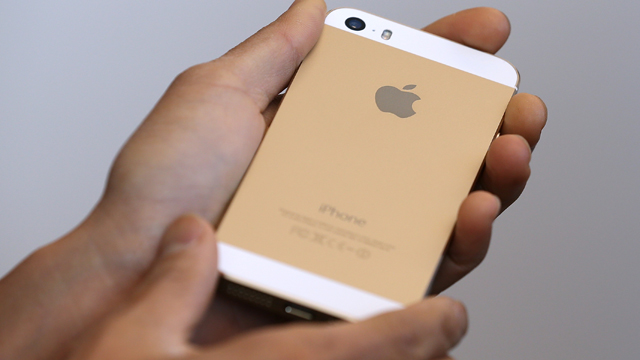
(Getty)
While iOS has a clear security benefit over Android, that doesn’t mean that Android devices should be disregarded as a valid phone choice for the security-conscious. The overwhelming majority of mobile malware targets Android users, but Android users who use the latest hardware and keep their OS up to date can avoid many threats. Both iPhone and Android users need to exercise safe browsing practices in order to minimize their security risk.

